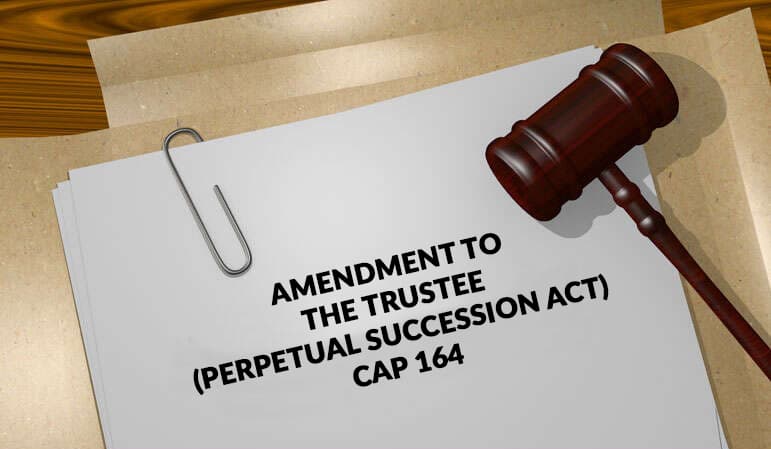REGISTRATION OF A SOLE PROPRIETORSHIP
A sole proprietorship can be registered as a business name as an unincorporated business entity that is registered in the name of an individual proprietor and wholly owned and operated by that same individual. Being unincorporated, unlike a company, it has no separate legal identity from its owner and cannot own or dispose property neither can it sue nor be sued in its own name.
A sole proprietorship in Kenya is registered as a business name under the Registration of Business Names Act, Chapter 499. The Act provides that all firms, individuals (“sole proprietorships”) and corporations are to be registered under the Act.
Registration involves the delivery of a signed Statement of Particulars to the Registrar. With regard to sole proprietorships, that statement contains the following, namely:
- the business name;
- the general nature of the business;
- the full address of the principal place of business and the postal address of the individual;
- the full address of every other place of business (if any);
- Details of the individual such as name, nationality, age, sex, residence and any other business occupation; and
- the date of the commencement of the business.
Upon the successful registration of the sole proprietorship, the Registrar will issue a Certificate of Registration. The Registrar will also issue a new Certificate of Registration in the event of any changes in the Statement of Particulars.
Currently, the registration of sole proprietorships is done online using the Business Registration Service found in the eCitizen platform.
How can we assist you?
We can advise you on setting up of the appropriate business entity for your business needs and assist in registration process. Please contact us for our services at info@netsheria.com or visit our website at https://netsheria.com/ for more on our services.






